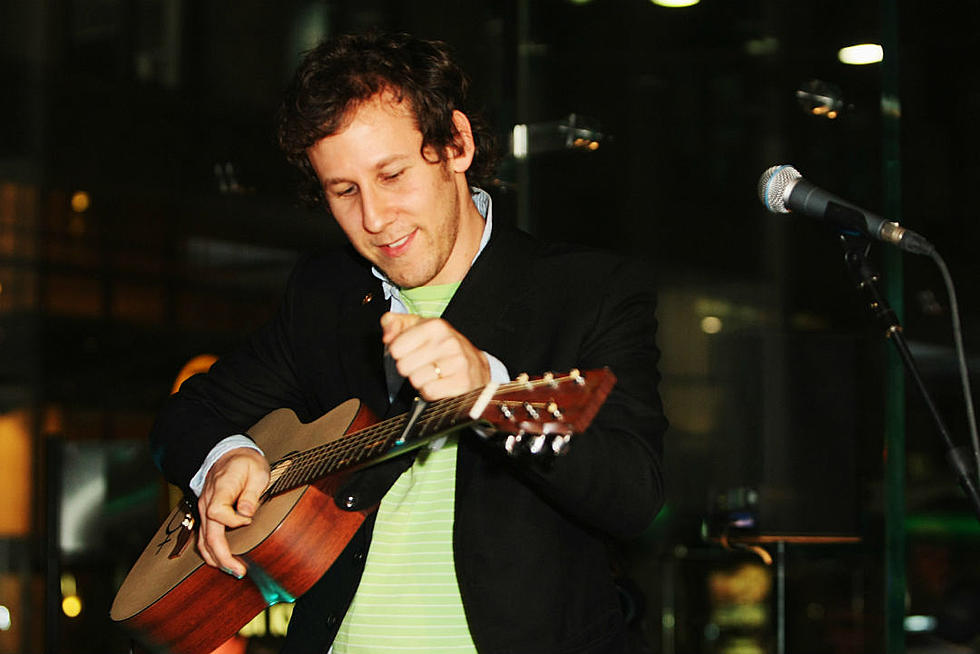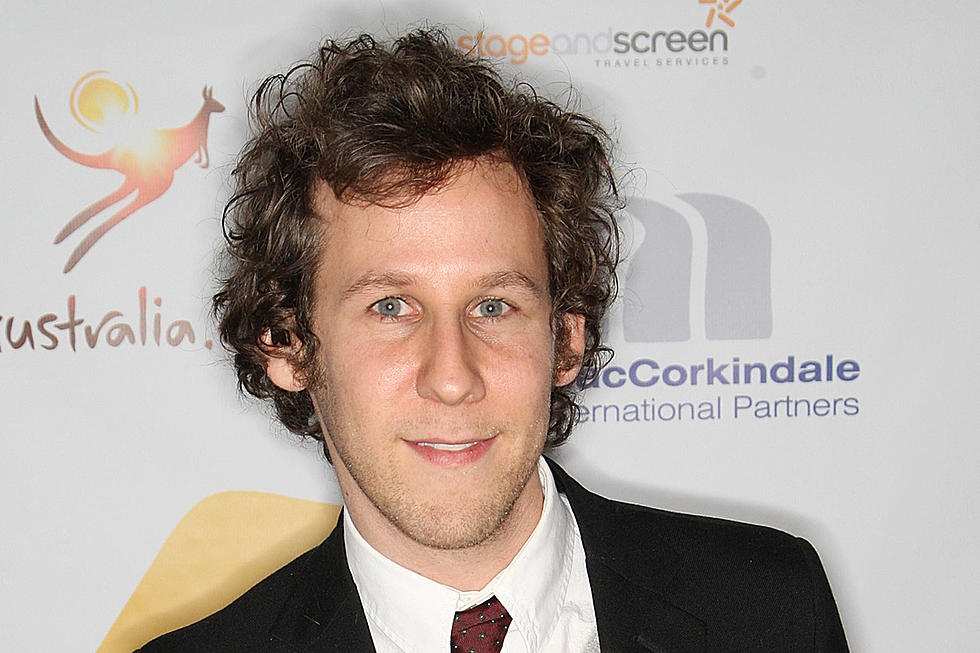
Album Review: Ben Lee, ‘Love Is the Great Rebellion’
You'd think that everything that could be said about love – and, more specifically, the act of inter-relating to those we cherish – would have been said by now. But when singer-songwriter Ben Lee opens his latest album with the line, "I picture a love that's as a big as a mountain and fills the horizon with no way around it," he reminds us that, perhaps, there really is no other subject more worthy of repeated examination. When Lee adds, "I don't know how to get there," a few lines later, he pretty much sums up one of the human condition's most enduring predicaments: is the act of loving other people a state you can actually arrive at, or is it just something you keep striving for regardless? Is the mountain that Lee sings of actually fixed on the horizon, tantalizingly visible but never quite attainable or – even more tricky – is the "mountain" a place we actually can reach? Does it have a kind of reverse-mirage quality, where its solid existence doesn't make itself apparent until time passes, often when it's slipped out of our grip?
These concerns can actually be fun to weigh via Lee's new set of songs. After putting out 2013's Ayahuasca, his most challenging work, and following that up with the more casually experimental A Mixtape from Ben Lee (which he released via Bandcamp earlier this year), Lee decided to go back to his most natural element writing-wise. In a statement issued via press release, he offered the following:
“I’ve tried to enter each period of my career with the thinking of, This is a new thing, this is a new moment, and I’m different now,” he says. “At the same time, with this record I wasn’t afraid to have some elements that are kind of what people might expect from me. Not in an inauthentic way, but more like, ‘Hey, I write my songs on the acoustic guitar, so let’s just allow the acoustic guitar to be the centerpiece.’ And for most of my career my songs have been catchy and sort of romantic and yearning and spiritual, and that’s okay. I’m not necessarily repeating myself by continuing to do that. I’m just accepting who I am. I’m saying, ‘These are the things that come naturally to me, let me work within them,’ while still emotionally and conceptually and psychologically dealing with new territory."
As for Lee's emotional outlook these days, songs such as the letting-go anthem "Goodbye to Yesterday," the acoustic ballads "Forgiveness" and "The Body of Love," and the horn-driven "Everybody Dies" offer clues that Lee is still preoccupied with the same matters he first began exploring mid-way through his career on his 2005 album Awake Is the New Sleep. Throughout the new material, Lee underscores and even contrasts his spiritual searching with uplifting music. "Everybody Dies" sounds downright joyful in its smile-on-your-brother nod to the Youngbloods '60s classic, "Get Together." (Fittingly, '60s icon Donovan – Lee's father-in-law – pops up for a cameo on "Happiness," which is itself something of an homage to Donovan's "Happiness Runs.") Meanwhile, on "Forgiveness," Lee demonstrates his ability to stop us in our tracks when he reminds us (over a radio-friendly, hand-clap hook, no less) that "we're all too hurt to fight anymore / it doesn't matter who's right."
When we talk about music's ability to change the world, perhaps it's in the smaller, day-to-day matters that music exerts its greatest influence. If so, Love Is the Great Rebellion fosters revolution one small gesture, one small pause at a time.
More From Diffuser.fm









